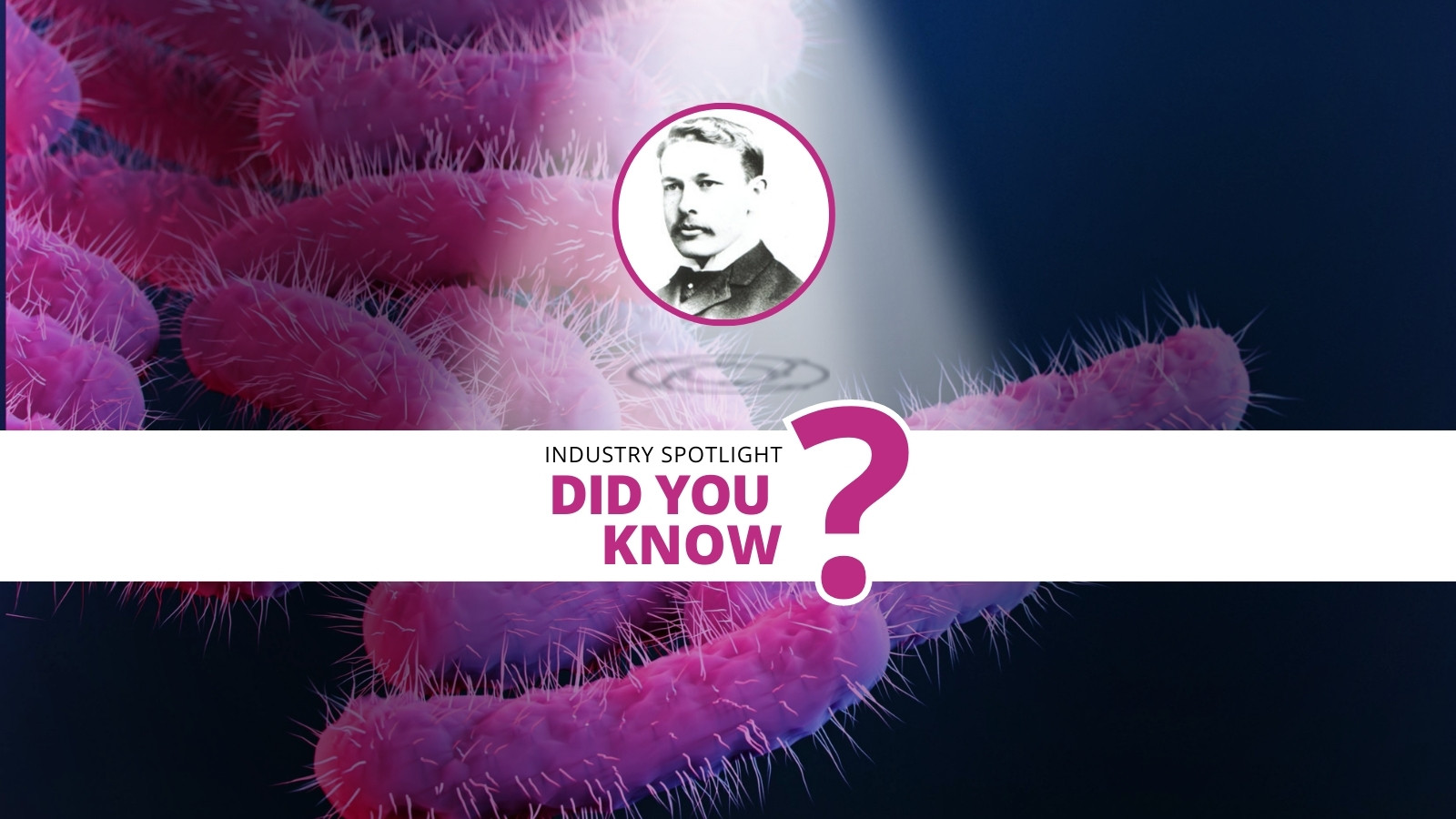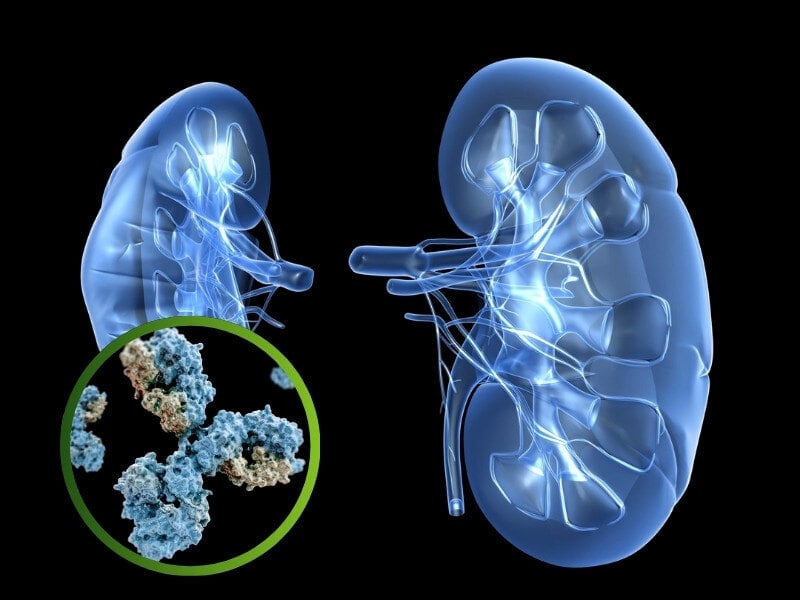William Coley, the Father of Cancer Immunotherapy and His Legacy

Dr William Coley is widely understood to be the father of cancer immunotherapy. Despite having his work fall into disrepute in his day, his formative research and theorising led to the development of modern immuno-oncology as we know it.
RELATED:
- Cancer Vaccines: Analysing the Resurgence
- Patients Enter Clinic for Phase III mRNA Immunotherapy for High Risk Melanoma
- NHS Cancer Vaccine Launchpad to Give Thousands Access to Personalised Cancer Vaccines
Born in 1862, Middletown, Connecticut, William Coley obtained his medical degree from Harvard Medical School and from then on worked as a bone surgeon at New York Hospital (now Wiell Cornell Medical Center).
Coley’s work in cancer began with his ‘Contribution to the Knowledge of Sarcoma’ (1891), where he investigated the effect of intentional infection on malignancy after the death of a young sarcoma patient, Bessie Dashiell.
Although some sources cite using infection to treat cancer as early as ancient Egypt, Coley’s work spearheaded the field with scientific inquiry. Coley was among the first to theorise the immunotherapeutic effect of inoculation against cancer.
‘Coley’s toxins’ as they were called, were bacterial strains that seemed to promote tumour regression in cancer patients. The 1893 publication of Coley’s ‘The Treatment of Malignant Tumors by Repeated Inoculations of Erysipelas’ was controversial among oncologists at the time, despite this Coley’s toxins were used to treat several cancer indications around the world.
It was the backlash to the thalidomide tragedy and the adoption of the US Kefauver–Harris Amendment in 1962, this halted the use of Coley’s toxins outside of clinical trials as they were now labelled a ‘new drug’ by the FDA.
Although Coley’s toxins had mixed results in their day in terms of safety and efficacy, the prevailing legacy of Coley is in harnessing the immune system for therapeutic effect against cancer. Therefore, Coley’s work is often considered a precursor to the modern idea of a cancer vaccine.
In 1953, Coley’s daughter, Helen Coley Nauts, founded the Cancer Research Institute (CRI) in New York City which to this day acts as a funding body to continue the investigation of the field that Coley first established. The CRI annually appoints an award in his name for distinguished research in immunology, in 1975 the award honoured seven scientists that it considered to be the ‘Founders of Tumor Immunology.’
Dr. William Coley's groundbreaking work in cancer immunotherapy laid the foundation for modern immuno-oncology. Despite initial scepticism, his research on the immunotherapeutic effects of intentional infection and the use of "Coley's toxins" paved the way for harnessing the immune system against cancer. Today, his legacy lives on through the Cancer Research Institute, which continues to fund and support advancements in the field he pioneered.







